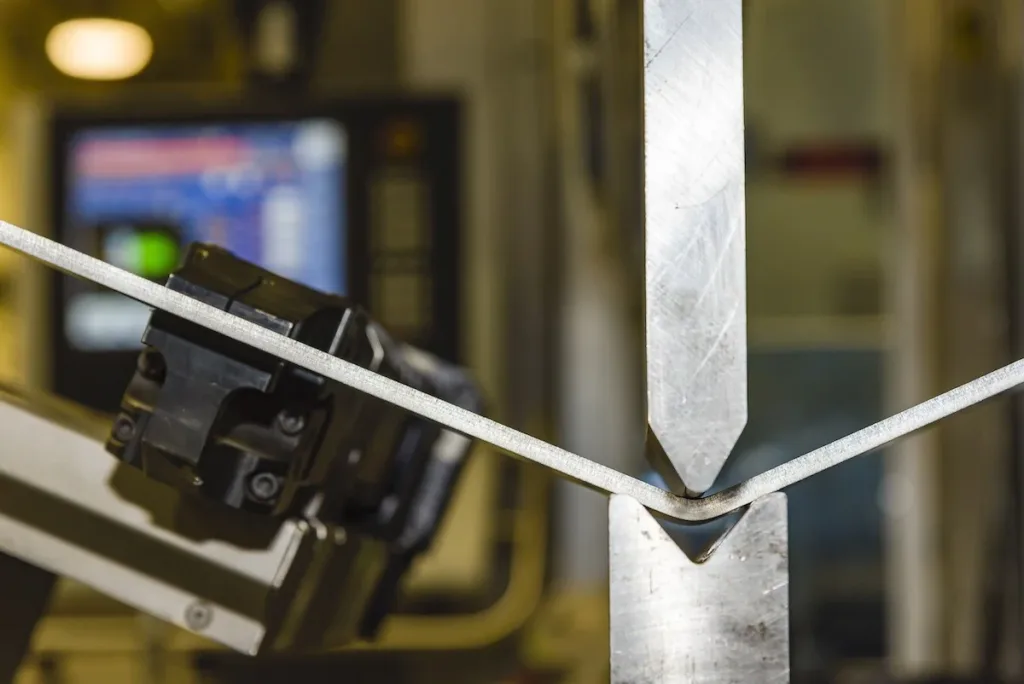The world is full of metals with incredible strength and durability. From construction to manufacturing, these metals play a crucial role in countless industries. But have you ever wondered which ones are the strongest of them all? In this article, we will delve into the realm of the mighty ten—the top 10 strongest metals in the world. Each of these metals boasts exceptional properties that make them stand out from the rest. From titanium to tungsten, we will explore their impressive strength-to-weight ratios, hardness, and resistance to corrosion. Discover the fascinating characteristics that enable these metals to withstand extreme conditions and contribute to the advancement of technology, aerospace, and engineering. So, whether you’re a materials scientist, an engineer, or simply curious about the strongest metals out there, this article will provide you with an insightful and comprehensive overview. Get ready to dive into the world of cutting-edge alloys and discover what makes these metals the ultimate symbols of strength and resilience.
Factors That Determine Metal Strength
The strength of a metal is determined by several key factors:
- Tensile Strength: The maximum stress a metal can withstand while being stretched or pulled.
- Yield Strength: The stress at which a metal begins to deform permanently.
- Compressive Strength: The capacity of a metal to withstand loads tending to reduce size.
- Hardness: Resistance to deformation or indentation.
- Impact Resistance: Ability to absorb energy and plastically deform without fracturing.
- Ductility: Ability to deform under tensile stress.
- Corrosion Resistance: Ability to withstand deterioration due to environmental interactions.
These properties collectively determine the overall strength and durability of a metal.

The List of the Top 10 Strongest Metals – Their Tensile Strength, Melting Point, Uses and Notable Properties
When it comes to strength, metals are often assessed based on their tensile strength, yield strength, hardness, and resistance to corrosion and temperature. Here are the top 10 strongest metals:
- Tungsten
- Tensile Strength: 1510 MPa
- Melting Point: 3422°C
- Uses: Aerospace, military, electronics
- Notable Properties: Highest tensile strength, highest melting point.
- Steel (varies by type)
- Tensile Strength: 760~1950 MPa
- Melting Point: 1370°C to 1510°C (varies by type)
- Uses: Construction, automotive, machinery
- Notable Properties: Versatility, high tensile and yield strength.
- Titanium
- Tensile Strength: 1000 MPa
- Melting Point: 1668°C
- Uses: Aerospace, medical devices, automotive
- Notable Properties: High strength-to-weight ratio, corrosion resistance.
- Chromium
- Tensile Strength: 560 MPa
- Melting Point: 1907°C
- Uses: Stainless steel, industrial coatings
- Notable Properties: Excellent hardness, corrosion resistance.
- Brass (Copper-Zinc Alloy)
- Tensile Strength: 560 MPa
- Melting Point: 900°C to 940°C (varies by composition)
- Uses: Decorative items, musical instruments, plumbing
- Notable Properties: Strength, corrosion resistance, workability.
- Bronze (Copper-Tin Alloy)
- Tensile Strength: 550 MPa
- Melting Point: 950°C
- Uses: Sculptures, tools, bearings
- Notable Properties: Toughness, resistance to corrosion and fatigue.
- Nickel
- Tensile Strength: 370 MPa
- Melting Point: 1455°C
- Uses: Superalloys, batteries, electronics
- Notable Properties: Heat resistance, corrosion resistance.
- Iron
- Tensile Strength: 370 MPa
- Melting Point: 1538°C
- Uses: Steel production, automotive, construction
- Notable Properties: Abundance, fundamental alloy component.
- Aluminum
- Tensile Strength: 310 MPa
- Melting Point: 660.3°C
- Uses: Aerospace, transportation, packaging
- Notable Properties: Lightweight, corrosion resistance.
- Copper
- Tensile Strength: 210 MPa
- Melting Point: 1084.62°C
- Uses: Electrical wiring, plumbing, industrial machinery
- Notable Properties: Electrical and thermal conductivity, corrosion resistance.
Conclusion
These ten metals stand out for their exceptional strength and unique properties that make them indispensable across a myriad of industries. From the unparalleled tensile strength of tungsten to the versatile and widely used steel, each metal has carved out its niche, contributing to technological advancements and industrial achievements. Understanding the characteristics and applications of these metals not only highlights their importance but also inspires innovation in material science and engineering. Whether you’re designing the next generation of aerospace components or seeking materials for cutting-edge electronics, these metals offer the ultimate in strength and durability.
